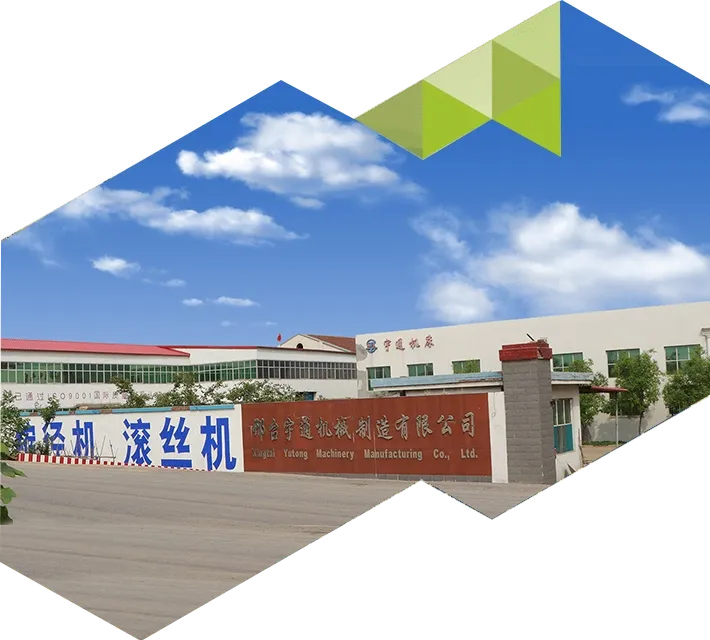
-
 Afrikaans
Afrikaans -
 Albanian
Albanian -
 Amharic
Amharic -
 Arabic
Arabic -
 Armenian
Armenian -
 Azerbaijani
Azerbaijani -
 Basque
Basque -
 Belarusian
Belarusian -
 Bengali
Bengali -
 Bosnian
Bosnian -
 Bulgarian
Bulgarian -
 Catalan
Catalan -
 Cebuano
Cebuano -
 Corsican
Corsican -
 Croatian
Croatian -
 Czech
Czech -
 Danish
Danish -
 Dutch
Dutch -
 English
English -
 Esperanto
Esperanto -
 Estonian
Estonian -
 Finnish
Finnish -
 French
French -
 Frisian
Frisian -
 Galician
Galician -
 Georgian
Georgian -
 German
German -
 Greek
Greek -
 Gujarati
Gujarati -
 Haitian Creole
Haitian Creole -
 hausa
hausa -
 hawaiian
hawaiian -
 Hebrew
Hebrew -
 Hindi
Hindi -
 Miao
Miao -
 Hungarian
Hungarian -
 Icelandic
Icelandic -
 igbo
igbo -
 Indonesian
Indonesian -
 irish
irish -
 Italian
Italian -
 Japanese
Japanese -
 Javanese
Javanese -
 Kannada
Kannada -
 kazakh
kazakh -
 Khmer
Khmer -
 Rwandese
Rwandese -
 Korean
Korean -
 Kurdish
Kurdish -
 Kyrgyz
Kyrgyz -
 Lao
Lao -
 Latin
Latin -
 Latvian
Latvian -
 Lithuanian
Lithuanian -
 Luxembourgish
Luxembourgish -
 Macedonian
Macedonian -
 Malgashi
Malgashi -
 Malay
Malay -
 Malayalam
Malayalam -
 Maltese
Maltese -
 Maori
Maori -
 Marathi
Marathi -
 Mongolian
Mongolian -
 Myanmar
Myanmar -
 Nepali
Nepali -
 Norwegian
Norwegian -
 Norwegian
Norwegian -
 Occitan
Occitan -
 Pashto
Pashto -
 Persian
Persian -
 Polish
Polish -
 Portuguese
Portuguese -
 Punjabi
Punjabi -
 Romanian
Romanian -
 Russian
Russian -
 Samoan
Samoan -
 Scottish Gaelic
Scottish Gaelic -
 Serbian
Serbian -
 Sesotho
Sesotho -
 Shona
Shona -
 Sindhi
Sindhi -
 Sinhala
Sinhala -
 Slovak
Slovak -
 Slovenian
Slovenian -
 Somali
Somali -
 Spanish
Spanish -
 Sundanese
Sundanese -
 Swahili
Swahili -
 Swedish
Swedish -
 Tagalog
Tagalog -
 Tajik
Tajik -
 Tamil
Tamil -
 Tatar
Tatar -
 Telugu
Telugu -
 Thai
Thai -
 Turkish
Turkish -
 Turkmen
Turkmen -
 Ukrainian
Ukrainian -
 Urdu
Urdu -
 Uighur
Uighur -
 Uzbek
Uzbek -
 Vietnamese
Vietnamese -
 Welsh
Welsh -
 Bantu
Bantu -
 Yiddish
Yiddish -
 Yoruba
Yoruba -
 Zulu
Zulu
Explore the Superior Performance of Advanced Thread Rolling Machines through Captivating Video Showcase
High-Quality Thread Rolling Machine Revolutionizing Manufacturing Processes
In the realm of manufacturing, efficiency, precision, and consistency are paramount, especially in the production of fasteners and threaded components. One of the key players in this sector is the high-quality thread rolling machine, which has become essential for industries worldwide looking to optimize their operations. This article delves into the features and benefits of these machines, underscoring their significance in modern manufacturing processes.
Thread rolling machines are designed to create external threads on various materials through a cold forming process. Unlike traditional machining methods that often remove material, thread rolling reshapes the existing material, resulting in enhanced strength and improved surface finish. This unique advantage greatly reduces waste and increases yield, making it an eco-friendly choice for manufacturers.
The operation of a thread rolling machine is both straightforward and efficient. The process begins with placing a metal blank between two cylindrical dies that have the desired thread profile. As the dies rotate and move toward each other, they compress the material, forming the threads in a continuous motion. This not only speeds up production but also ensures uniformity across the finished products. High-quality thread rolling machines can operate at remarkable speeds, capable of producing thousands of pieces per hour, making them ideal for large-scale manufacturing.
One of the critical aspects of high-quality thread rolling machines is their durability and robustness. These machines are built to withstand the rigorous demands of industrial applications. Manufacturers often use hardened steel for the components that come into contact with the workpiece, ensuring longevity and resistance to wear and tear. Additionally, modern machines are equipped with advanced technologies such as servo motors and programmable logic controllers, which enhance their efficiency and simplify the operation process.
high quality thread rolling machine video

Another significant advantage of investing in high-quality thread rolling machines is the superior mechanical properties of the rolled threads. The cold working process increases the density of the material, thus enhancing its tensile strength and fatigue resistance. This characteristic is especially important for applications in the automotive and aerospace industries, where reliability and performance are crucial. Products manufactured using thread rolling techniques exhibit a lower propensity to strip or break, providing added assurance for end-users.
Moreover, thread rolling machines contribute to a better surface finish compared to traditional cutting methods. The smooth surface of rolled threads reduces friction during assembly and use, which can lead to improved performance and longevity of the components. Fewer surface imperfections mean less risk of corrosion and degradation over time, making rolled threads an attractive option for applications exposed to harsh environments.
As industries continue to evolve and demand higher-quality products at reduced costs, the role of high-quality thread rolling machines becomes increasingly prominent. The versatility of these machines allows manufacturers to produce a wide range of threaded components, from simple screws and bolts to complex parts used in advanced machinery.
In conclusion, high-quality thread rolling machines represent a significant advancement in manufacturing technology. Their ability to produce strong, precise, and consistent threaded components at high speeds positions them as a vital tool in the modern manufacturing landscape. As companies strive to enhance efficiency, reduce waste, and meet rising quality standards, investing in a state-of-the-art thread rolling machine is not just a choice; it’s a necessity to stay competitive in today’s fast-paced market. By embracing this technology, manufacturers can effectively elevate their production capabilities, ensuring they meet the demands of various industries while maintaining a commitment to quality and sustainability.
